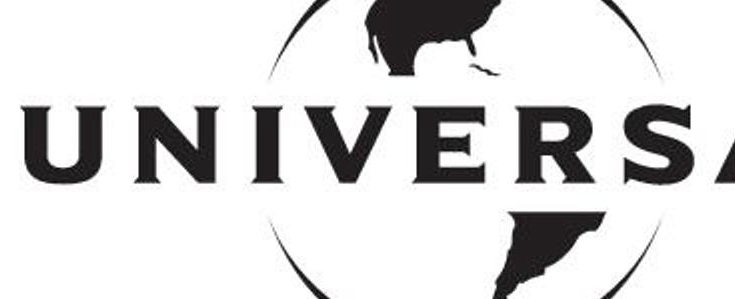3 Count: Dancing Prince

Have any suggestions for the 3 Count? Let me know via Twitter @plagiarismtoday.
1: YouTube ‘Dancing Baby’ Copyright Ruling Sets Fair Use Guideline
First off today, Ben Sisario at the New York Times reports that the Ninth Circuit Court of Appeals has ruled that copyright holders, when filing Digital Millennium Copyright Act notices, must consider whether the allegedly infringing use is a fair use before progressing.
The case pits Universal Music against mother and YouTuber Stephanie Lenz. Lenz had posted a 29-second video of her baby dancing to Prince’s Let’s Go Crazy, which prompted a DMCA takedown from Universal. Lenz filed a lawsuit alleging that Universal had knowingly filed a false DMCA takedown, which is a violation of the law.
However, Universal claimed that they had no obligation under the law to weigh fair use before filing the notice. A district court judge disagreed and Universal appealed. However, the Ninth Circuit has ruled 3-0 that Universal, as well as other copyright holders, have to weigh fair use when filing notices, even if the analysis doesn’t have to be deep or detailed. The case now goes back to the lower court and a possible trial over whether Universal actually did weight fair use.
2: Joss Whedon Prevails in $10 Million ‘Cabin in the Woods’ Copyright Lawsuit
Next up today, Tim Kenneally at The Wrap reports that a judge has dismissed a lawsuit against Joss Whedon that accused the director of ripping off his 2012 film The Cabin in the Woods.
The lawsuit was filed by author Peter Gallagher, who claimed that the movie was based on his novel The Little White Trip: A Night in the Pines. However, the judge ruled that, while the two works did have some elements in common, there were significant differences including the tone of the two works, where Gallagher’s work started very serious, Whedon’s was more comical in tone at the beginning.
Gallagher argued that Lionsgate Entertainment, the production company behind the film, had access to his book because he sold it on the boardwalk outside the Chinese Theater. However, the judge ruled that the issue of access was moot because of the differences between the works, which made the film non-infringing even if access could be shown.
3: Group Countersues Georgia in Copyright Fight Over State Code
Finally today, Kate Brumback at the Associated Press reports that Carl Malamud and his non-profit, Public.Resource.Org, has filed a countersuit against the state of Georgia over a efforts by the state to protect the copyright in its annotated legal code.
The case began when Malamud published a 51-volume collection of the Official Code of Georgia Annotated on his site for free. While the state doesn’t seek to protect the copyright in the language of the code itself, the annotated edition includes court rulings and other opinions that help explain the law. That version is generally listed as the “official” code and is not available for free, instead being offered exclusively through a partnership with LexisNexus.
Georgia filed a lawsuit against Malamud to protect its legal code but Malamud has now filed a countersuit asking that a judge rule its activities are not infringing because, according to him, the laws enacted by the government are in the public domain.
Suggestions
That’s it for the three count today. We will be back tomorrow with three more copyright links. If you have a link that you want to suggest a link for the column or have any proposals to make it better. Feel free to leave a comment or send me an email. I hope to hear from you.
The 3 Count Logo was created by Justin Goff and is licensed under a Creative Commons Attribution License.
Want to Reuse or Republish this Content?
If you want to feature this article in your site, classroom or elsewhere, just let us know! We usually grant permission within 24 hours.
